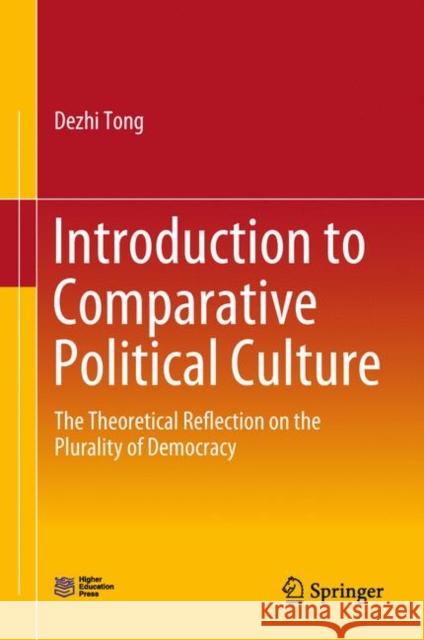Introduction to Comparative Political Culture: The Theoretical Reflection on the Plurality of Democracy » książka
topmenu
Introduction to Comparative Political Culture: The Theoretical Reflection on the Plurality of Democracy
ISBN-13: 9789811346507 / Angielski / Miękka / 2018 / 427 str.
Introduction to Comparative Political Culture: The Theoretical Reflection on the Plurality of Democracy
ISBN-13: 9789811346507 / Angielski / Miękka / 2018 / 427 str.
cena 402,53
(netto: 383,36 VAT: 5%)
Najniższa cena z 30 dni: 385,52
(netto: 383,36 VAT: 5%)
Najniższa cena z 30 dni: 385,52
Termin realizacji zamówienia:
ok. 16-18 dni roboczych.
ok. 16-18 dni roboczych.
Darmowa dostawa!
Kategorie BISAC:
Wydawca:
Springer
Język:
Angielski
ISBN-13:
9789811346507
Rok wydania:
2018
Dostępne języki:
Ilość stron:
427
Waga:
0.61 kg
Wymiary:
23.39 x 15.6 x 2.29
Oprawa:
Miękka
Dodatkowe informacje:
Wydanie ilustrowane











